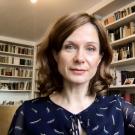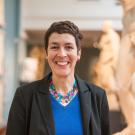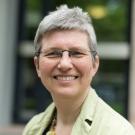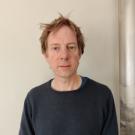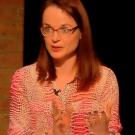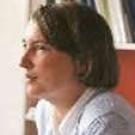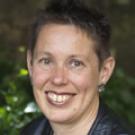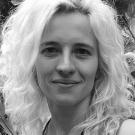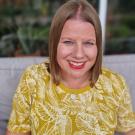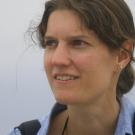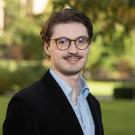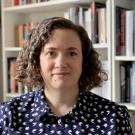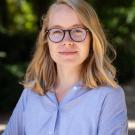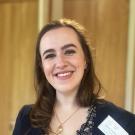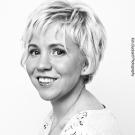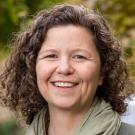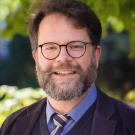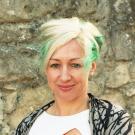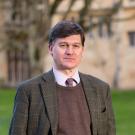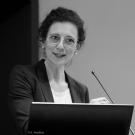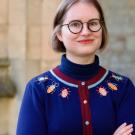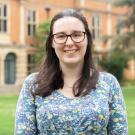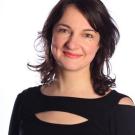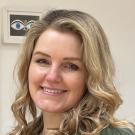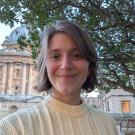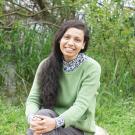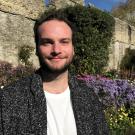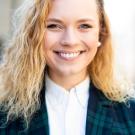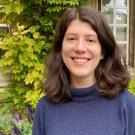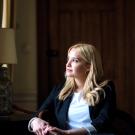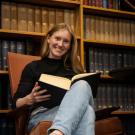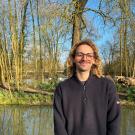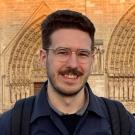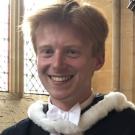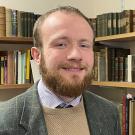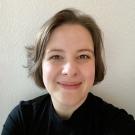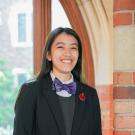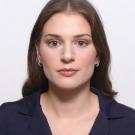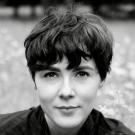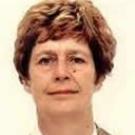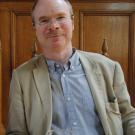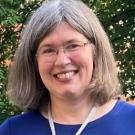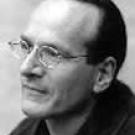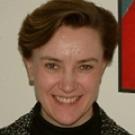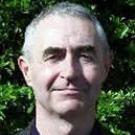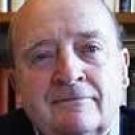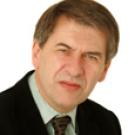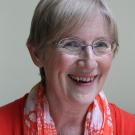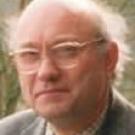See lists of all academic staff, students, and administrative staff at the faculty on the main People page.
Professors and Associate Professors
Researchers, Fixed-Term and College Staff
Language Lecturers
Doctoral Students
Shivani Chauhan
- German
Research topicA critical analysis of mnemonic frameworks and literary devices in selected family narratives by women writers from Central and Eastern Europe
Supervisor
Gwendoline Choi
- German
Research topicThe German Colonial Imaginary 1918-1939: An Intermedial Study
Supervisor
Lucas-Jan Dörre
- German
Research topicMy project will investigate the importance of walking for German poetry since modernity, embedded in the long tradition of detours in German thought.
Supervisor
Mareike Sophie Drünkler
- German
Research topicUncovering Women's Voices: Alternative Forms of Participation in the German Enlightenment
Sarah Isabelle Fengler
- German
Research topicEuropean Old Testament Tragedies in the Age of Enlightenment
Supervisor
Sophie Forst
- German
Research topicEnlightenment Enlightened: Philosophical and Literary Reflections on Moral and Social Progress in the Eighteenth Century
Alexandra Hertlein
- German
Research topicArchetype, Genealogy and Founding Myth – The Search for Origins in Scientific, Philosophical and Philological Texts of the 18th and 19th Century
Supervisor
Roberto Interdonato
- German
- Italian
Research topicAlienation and the Utopian Function of Literature in Anna Maria Ortese and Ingeborg Bachmann
Liam Johnston-McCondach
- French
- German
Research topicLe Plaisir de Brecht: Bertolt Brecht, Roland Barthes, and Literary Politics
Patrick Leuenberger
- German
Research topicCritical Study of the Representation of the Stranger and Dark Skin in German Medieval Literature
Supervisor
Martin Lindner
- German
Research topic(De-)constructing cultural colonialisms: A narratological investigation of Habsburg’s inner & extra-European discourses of identity and difference.
Supervisor
Julia Lorenz
- German
Research topicMeasuring Intensity – A New Methodological Approach towards Medieval Relationships
Supervisor
Marie Martine
- French
- German
Research topic'The Silent Tragic of the Everyday': Women Writers in Europe at the End of the Nineteenth Century
Aoife Ní Chroidheáin
- German
Research topicStasi and Samizdat: From Infiltration to Infiltration Art
Supervisor
Timothy Powell
- German
Research topicThe Reception of Hans Sachs in the German Democratic Republic 1949-1990
Supervisor
Marlene Schilling
- German
Research topicPersonification as Devotional Strategy in Middle Low German Literature
Supervisor
Rebecca Schleuss
- German
Research topicHealing Sisters. Health Provision in Medieval Convent Rules and Literature
Supervisor
Sarah Schwarz
- German
Research topicThe Poetics of Medicine. Medical Writing in works of Stifter, Benn, Döblin and Mann
Supervisor
Lujza Vallo
- German
Research topicMy Jewishness is my "life issue", the circumstances, the laws, the world made it so.' Jewish Assimilationist Writing in Mitteleuropa from 1980-1940.
